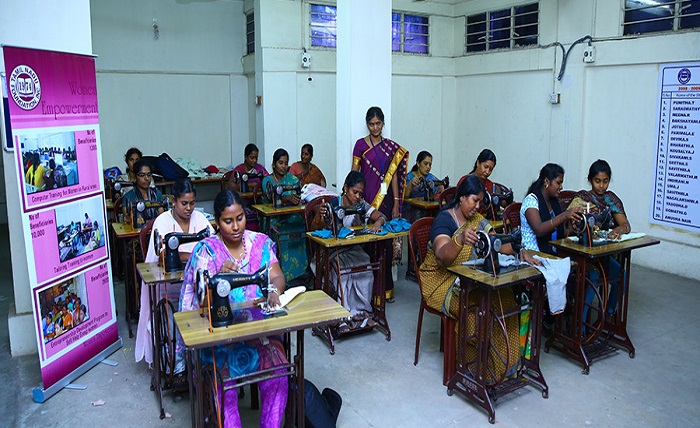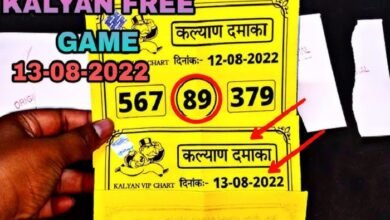Empowering Girl Education in Tamil Nadu: Unveiling the Penkalvi Scheme

Education is the bedrock of any society, and ensuring access to quality education for all, especially girls, is crucial for sustainable development. Recognizing this importance, the Tamil Nadu government implemented the Moovalur Ramamirtham Ammaiyar Higher Education Assurance Scheme, popularly known as Penkalvi (pen: girl, kalvi: education), in 2021. This ambitious scheme aims to improve the higher education enrollment rate of girls from government schools in the state.
Objectives of Penkalvi:
- Increase female enrollment in higher education: The scheme aims to bridge the gender gap in higher education by incentivizing girls from government schools to pursue further studies.
- Empower women: By providing financial assistance and support, the scheme empowers women to become financially independent and contribute meaningfully to society.
- Reduce social disparities: Penkalvi promotes social equity and inclusion by offering equal access to higher education regardless of financial constraints.
Key Features of the Penkalvi Scheme:
- Financial Assistance: The scheme provides a one-time financial assistance of INR 1000 to all eligible female students who have completed their Class XII examinations and are enrolling in higher education courses for the first time.
- Eligibility: The scheme is open to students from families with an annual income of less than INR 6 lakhs.
- Course Coverage: The scheme covers various higher education courses, including diplomas, undergraduate programs, and professional courses.
- Application Process: Students can apply for the scheme online through the official Penkalvi portal – penkalvi.tn.gov.in.
- Direct Benefit Transfer: The financial assistance amount is directly transferred to the beneficiaries’ bank accounts, ensuring transparency and eliminating delays.
Impact of Penkalvi:
Since its launch, the Penkalvi scheme has achieved significant success. According to the Directorate of Collegiate and Technical Education (DCTE), Tamil Nadu witnessed a remarkable 3.5% increase in the enrollment of female students from government schools in higher education institutions within the first year of the scheme’s implementation. This positive trend indicates that Penkalvi is effectively making higher education accessible and attractive to girls from economically disadvantaged backgrounds.
Beyond Financial Assistance:
While the financial assistance provided by the scheme is crucial, Penkalvi goes beyond mere monetary support. The scheme also focuses on creating a supportive ecosystem for girls pursuing higher education. This includes:
- Mentorship programs: Providing guidance and support to students throughout their academic journey.
- Skill development workshops: Equipping students with essential life skills and career-oriented knowledge.
- Career counseling: Assisting students in making informed decisions about their future career paths.
Conclusion:
The Penkalvi scheme serves as a beacon of hope for girls in Tamil Nadu, paving the way for a brighter future. By promoting female education and empowering women, the scheme is not only transforming individual lives but also contributing to the overall socio-economic development of the state. As Penkalvi continues to evolve and expand, it has the potential to become a model for other states in India and beyond, inspiring similar initiatives to bridge the gender gap in education and create a more equitable and prosperous society.




